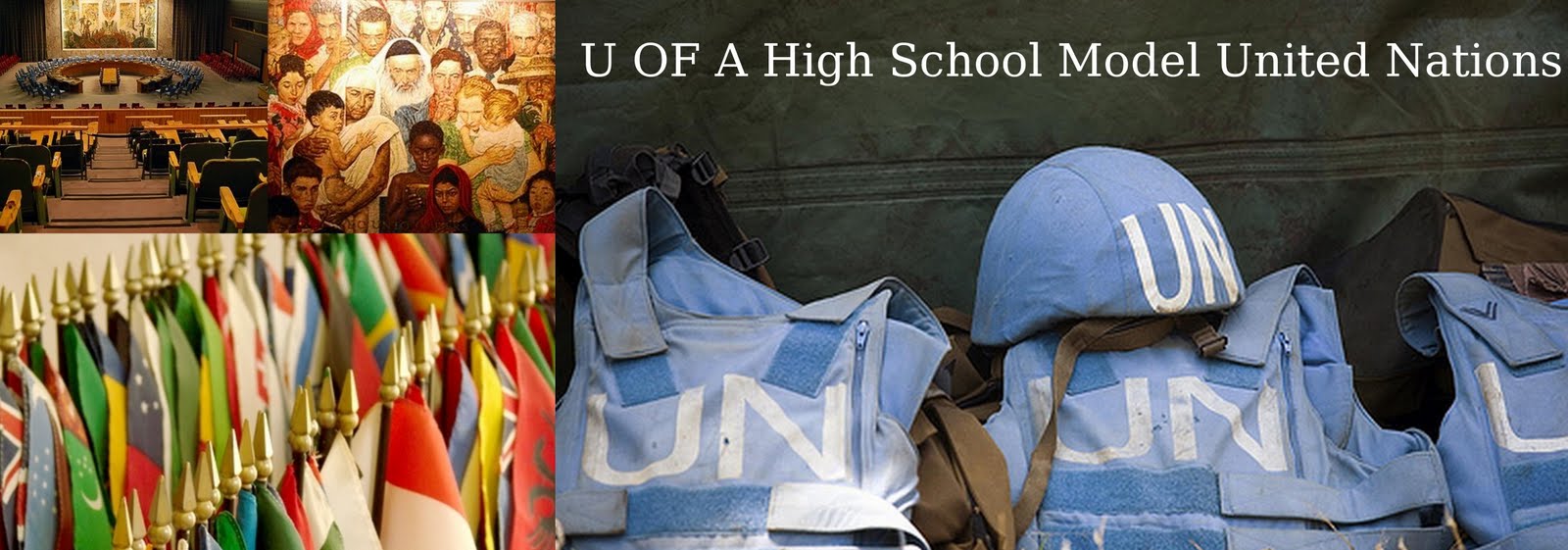
In the Global Traffic map above, one can easily see that the world has become increasingly more connected through information sharing/transfers. Telecommunications, digital and internet use, mobile phone use, and the number of computers sold around the world have all played a major factor in connecting people to information and opportunities globally.
Stuart Hall, a cultural theorist, once said "culture is now irrevocably transnational, irrevocably open at the ends, porous and unable to close its borders and its mind, unable to shut out things that will reach over the barriers that are erected...inescapably taking place on a global plane". He speculated that culture is always global, regardless of individual national cultures. He was supportive of globalization, because he felt that "migration and globalization open in the spaces in which a more diverse set of cultural practices night occur has been set in the context of the complementary movement in the other direction towards ethnic and national closure". Cultural diversity can be seen as something to embrace and celebrate as the world moves towards diversity and simulation.
But is this always the case? Some would argue that cultural diversity is as much of a threat as it is a positive opportunity. A common response to globalization and cultural integration is the defensive movement to protect cultural distinctiveness. Some nations do not want to open their cultural borders, fearing that a multicultural society will shift towards Western preferences and ideas. These movements can stem from both positive and negative roots. Each state has the right to preserve its culture, for the sake of its heritage and history. Cultural distinctiveness helps each nation have a global identity that prolongs values and traditions, and also helps the nation's tourism and promotional industries.
Questions to think about:
Do you think cultural integration is inevitable?
Is culture global, or are there still examples of national culture around the world?
How does technology and digital communication help/hinder global relations?




No comments:
Post a Comment